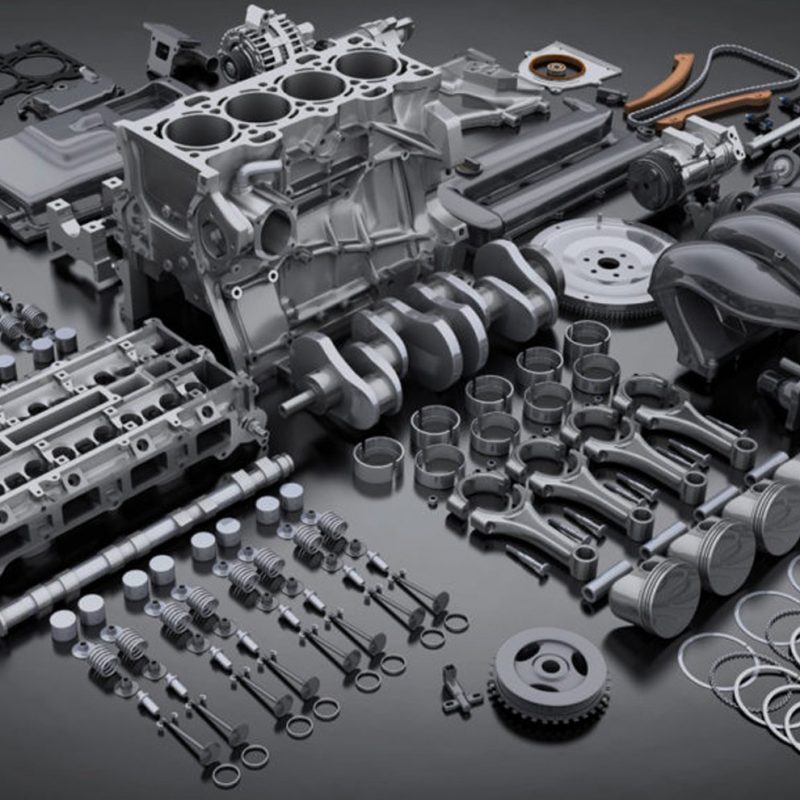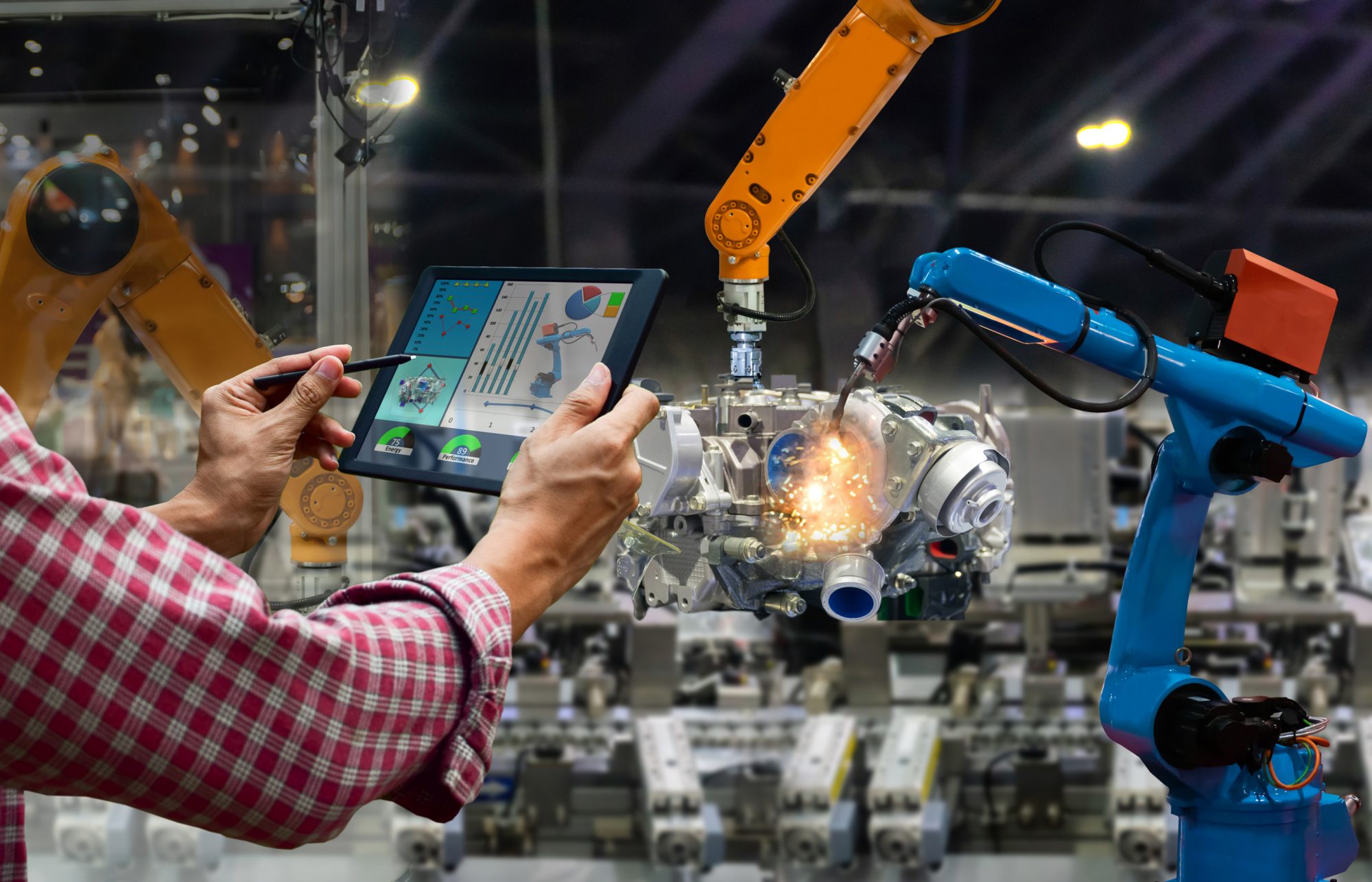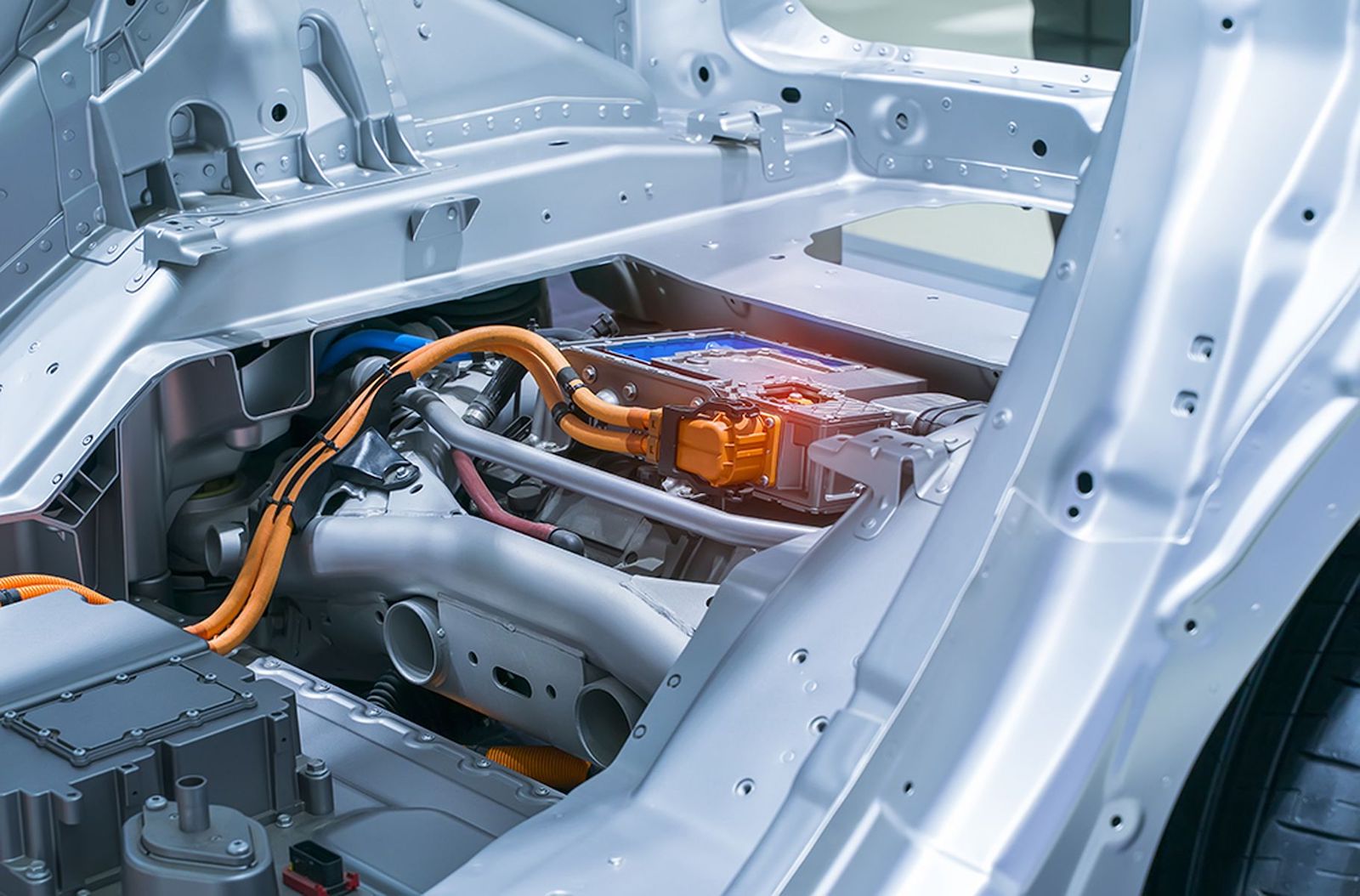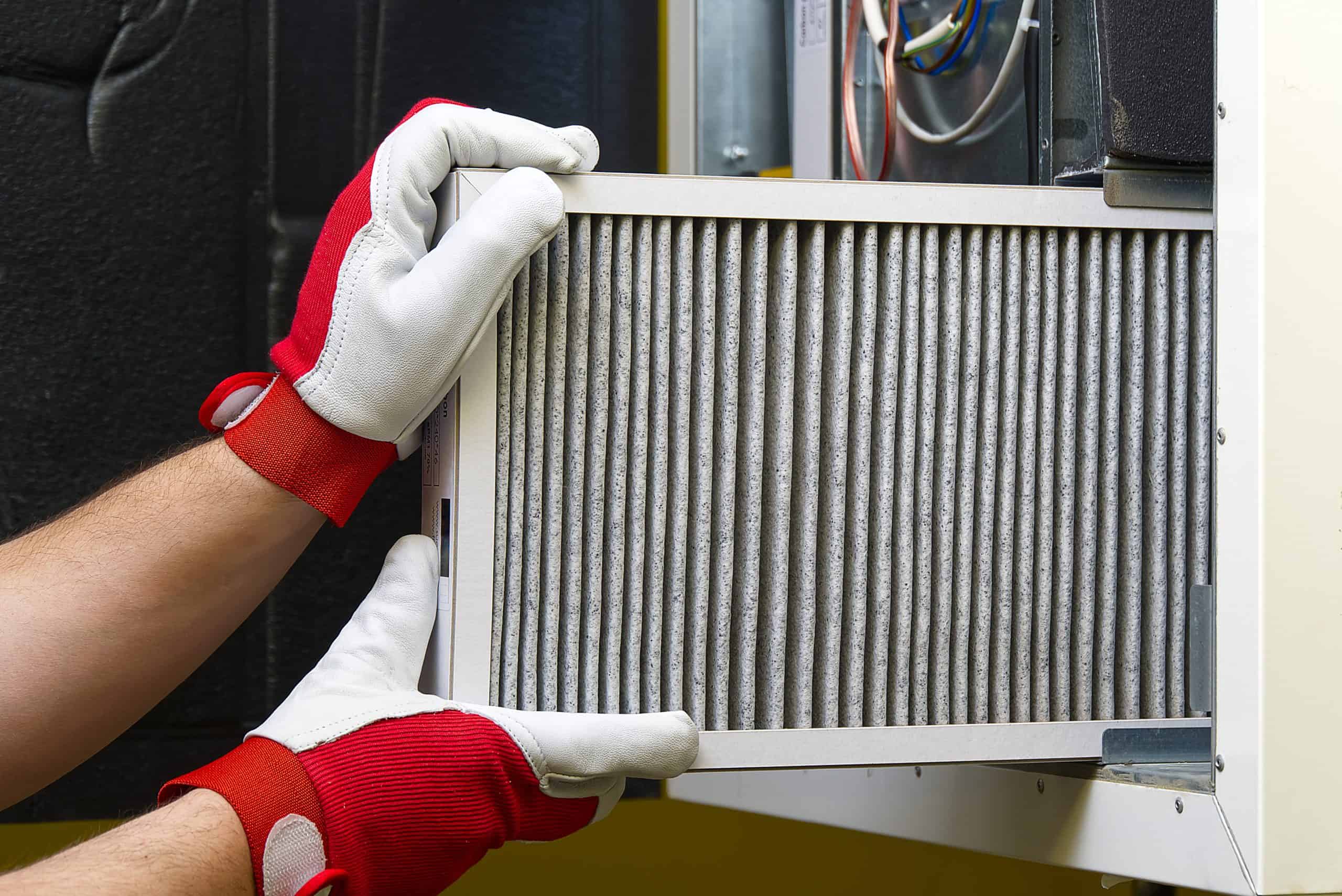The Role of Air Filters in Improving Indoor Air Quality
The Role of Air Filters in Improving Indoor Air Quality
I. Introduction
A. Explanation of the importance of indoor air quality:
Indoor air quality is an often overlooked but important aspect of our daily lives. According to the Environmental Protection Agency (EPA), indoor air can be up to five times more polluted than outdoor air. Poor indoor air quality can lead to a variety of health problems, including allergies, asthma, and respiratory infections. It can also lead to headaches, fatigue, and even cancer. It’s important to be aware of the air we breathe and take steps to improve it.
B. Brief overview of the role of air filters in improving indoor air quality:
One of the simplest and most effective ways to improve indoor air quality is through the use of air filters. Air filters are devices that remove contaminants, such as dust, pollen, and pet dander, from the air that circulates through our homes and buildings. By trapping these particles, air filters can help to improve our breathing and overall health. Air filters can be installed in a variety of locations, including in HVAC systems, air purifiers, and even vacuum cleaners. They play a vital role in maintaining good indoor air quality.
II. How Air Filters Work
A. Explanation of the different types of air filters (mechanical, electronic, etc.):
There are several types of air filters available, each with its own unique method of removing contaminants from the air.
- Mechanical air filters use fibrous materials, such as fibers or fabrics, to trap particles. They can be made of synthetic or natural materials and can be washable or disposable.
- Electronic air filters use an electronic charge to attract and trap particles. They are often more efficient than mechanical filters but can be more expensive.
- HEPA (High-Efficiency Particulate Air) filters are a type of mechanical filter that use a very fine fiberglass or synthetic filter to trap particles as small as 0.3 microns.
- Activated carbon filters are used to remove odors and chemical pollutants.
B. Discussion of how air filters remove contaminants from the air:
Air filters work by trapping particles as air passes through them. The particles are held in the fibers or on the electronic charge of the filter. As the filter becomes filled with particles, it becomes less effective and needs to be replaced or cleaned.
C. Information on the MERV rating system and its importance in selecting the right air filter:
The MERV (Minimum Efficiency Reporting Value) rating system is used to measure the effectiveness of air filters. The higher the MERV rating, the more efficient the filter is at removing particles from the air. The MERV rating system ranges from 1 to 16, with 16 being the most efficient. It’s important to select the right air filter with a suitable MERV rating for your specific needs.
III. The Impact of Air Filters on Indoor Air Quality
A. Discussion of the various contaminants that air filters can remove from the air (pollen, dust, pet dander, etc.):
Air filters can effectively remove a wide range of contaminants from the air, including:
- Pollen: Pollen can cause allergies and asthma symptoms. High-efficiency filters such as HEPA filters can effectively remove pollen from the air.
- Dust: Dust can cause respiratory problems and aggravate asthma. Mechanical filters are effective at trapping dust particles.
- Pet Dander: Pet dander is a common allergen that can cause allergic reactions. HEPA filters are particularly effective at trapping pet dander.
- Mold Spores: Mold can cause respiratory issues, allergies and other health problems. Activated carbon filters can effectively remove mold spores from the air.
B. Information on the health benefits of improved indoor air quality:
When air filters are used correctly, they can have a significant impact on indoor air quality. Improved air quality can lead to a number of health benefits, including:
- Reduced allergies and asthma symptoms
- Fewer respiratory infections
- Improved overall respiratory health
- Reduced headaches and fatigue
C. Discussion of the potential reduction in energy costs when air filters are used correctly:
Properly maintaining and replacing air filters can also lead to energy savings. When air filters are dirty or clogged, they restrict airflow and make the HVAC system work harder to circulate air. This can lead to higher energy bills. By maintaining and replacing air filters as needed, the HVAC system can run more efficiently, leading to energy savings.
IV. Choosing the Right Air Filter
A. Discussion of the factors to consider when selecting an air filter (size, MERV rating, etc.):
When selecting an air filter, it’s important to consider a few key factors:
- Size: Make sure to select a filter that is the correct size for your HVAC system or air purifier.
- MERV rating: As mentioned earlier, the MERV rating system measures the effectiveness of air filters. Select a filter with a suitable MERV rating for your specific needs.
- Material: Consider whether you want a synthetic or natural filter material. Synthetic materials may last longer, but natural materials are biodegradable.
B. Information on how to properly maintain and replace air filters:
Properly maintaining and replacing air filters is crucial for optimal performance and efficiency. Most filters should be checked every month and replaced or cleaned as needed. It’s important to refer to the manufacturer’s instructions for specific maintenance and replacement guidelines.
C. Recommendations for different types of air filters based on specific needs (e.g. allergies, pets, etc.):
- For allergies: HEPA filters are highly effective at removing allergens such as pollen and pet dander.
- For pets: HEPA filters are also recommended for homes with pets as they effectively remove pet dander and other pet-related allergens.
- For odors: Activated carbon filters are effective at removing odors and chemical pollutants.
- For energy savings: Consider using high-efficiency filters such as HEPA or electronic filters, which can help to improve the efficiency of your HVAC system and reduce energy costs.
V. Conclusion
A. Summary of the importance of air filters in improving indoor air quality:
Air filters play a crucial role in maintaining good indoor air quality by removing contaminants such as dust, pollen, and pet dander from the air. Improved air quality can lead to numerous health benefits and energy savings.
B. Encouragement to take steps to improve indoor air quality through the use of air filters:
It’s important to take steps to improve indoor air quality and protect our health. Installing and properly maintaining air filters is a simple and effective way to do so. It’s important to consider your specific needs, such as allergies or pets, and select the right air filter with a suitable MERV rating. By taking these steps, we can breathe easy knowing that the air we’re breathing is clean and healthy.


